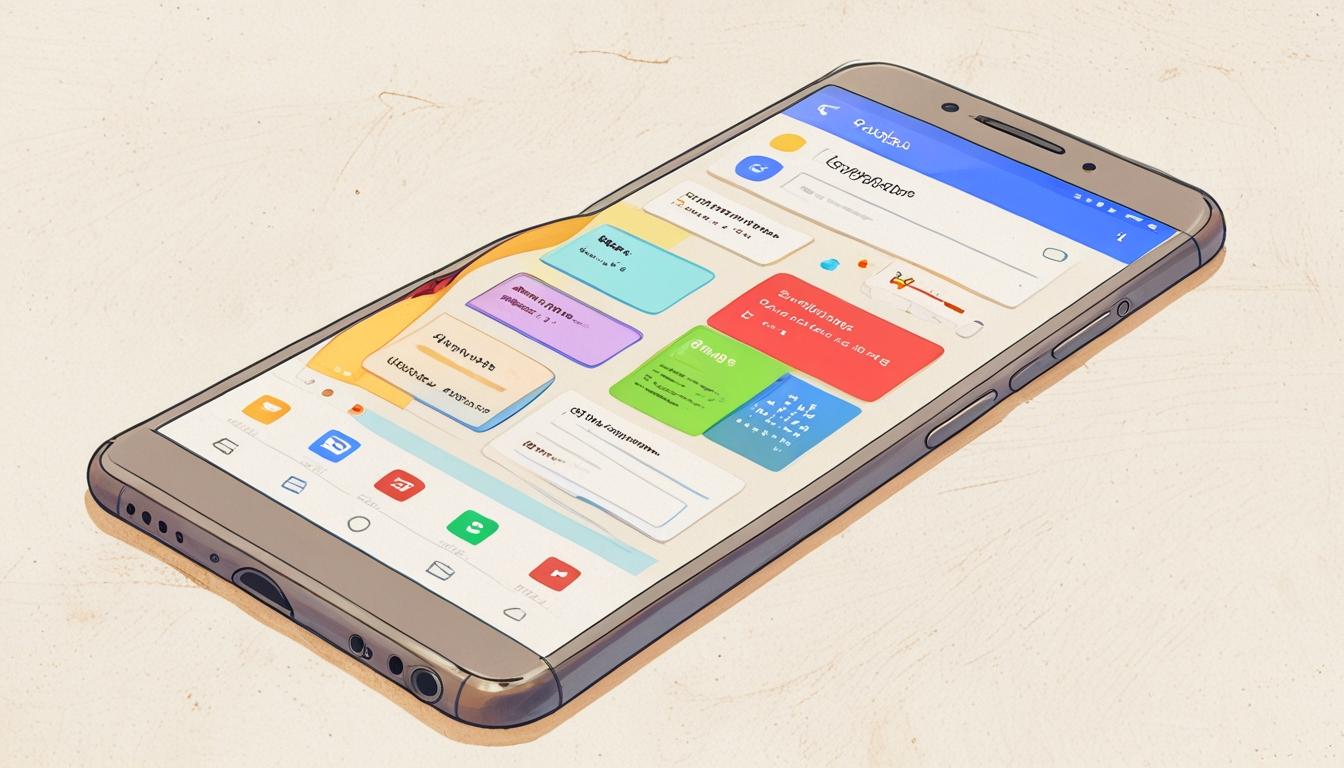As Google prepares for its upcoming I/O conference, anticipation surrounding its evolving AI capabilities continues to grow. Over recent years, the tech giant has steadily integrated artificial intelligence into its suite of services, with visible enhancements across platforms like Photos, Gmail, and Docs. However, not every facet of Google’s expansive portfolio has been subsumed by AI, leaving room for distinctions between tools that benefit from technological evolution and those that might suffer from it.
Five applications, in particular, stand out as candidates for keeping AI interference to a minimum. Google’s Gboard is celebrated for its innovative features, particularly Emoji Kitchen, which offers users a playful way to create unique stickers. While AI has courageously entered many realms of creativity, the spontaneous charm of Emoji Kitchen, which relies on artistic design rather than algorithmic generation, raises concerns about authenticity. An already flawed attempt by competitors to create AI-driven emoji tools reinforces the need to preserve this beloved feature’s originality.
Google Keep, featuring a no-frills interface for note-taking and task management, also invites scrutiny. Despite introducing minor AI touches, such as prompts for creating lists, the app’s straightforward operation is favoured by many who see it as a reliable tool in the chaos of daily tasks. A fully AI-enhanced version risks complicating its simple, effective design, potentially stripping it of the warmth and familiarity users associate with it.
Similarly, the utility of Android Auto shines through its human-centric design, which allows for most driving-related tasks to be managed with minimal distraction. Although enhancements through AI, such as improved voice interaction with Gemini, could be beneficial, unnecessary complexities, like AI-suggested stops along routes, may exacerbate already prevalent issues of distraction while driving. Most users prefer a system where they can issue simple commands without the clutter of extraneous suggestions.
Google Wallet also benefits from its unembellished functionality as a mobile payment solution. While a touch of AI support exists, the app's fundamental value lies in its simplicity: storing cards, tickets, and rewards without complications. As consumers increasingly seek straightforward solutions for financial transactions, the last thing they need is an overbearing AI presence offering unsolicited advice or cluttering the user experience.
Lastly, Google Flights epitomises efficiency in travel planning through its intuitive interface focused on user control. Its current menu-based operation is user-friendly, contrasting sharply with the cumbersome approaches seen in other travel apps that have attempted to implement AI for more natural language interaction. A sudden shift to AI-driven chatbot assistance could detract from its core functionality, which thrives on providing clear, immediate choices for users.
The overarching sentiment reflects a broader apprehension towards the relentless push for AI integration across all facets of life. Not everything necessitates an 'AI upgrade'; sometimes, simplicity and human intuition deliver the most satisfying experience. As companies, including Google, innovatively wade into the complexities of AI, it is essential to recognise which tools genuinely benefit from technological advancements versus those that simply require a well-functioning, unembellished approach to serve their users best.
Reference Map:
- Paragraph 1: [1]
- Paragraph 2: [1], [4]
- Paragraph 3: [1]
- Paragraph 4: [1]
- Paragraph 5: [1], [6]
- Paragraph 6: [1], [4]
- Paragraph 7: [1]
- Paragraph 8: [1]
- Paragraph 9: [1], [2]
Source: Noah Wire Services
